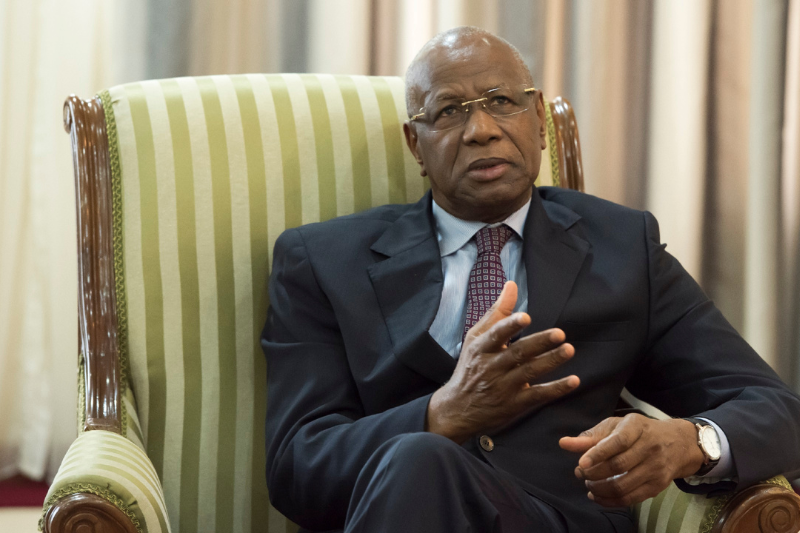
UN Libya Envoy Calls for ‘Unified Government’ Prior to Elections
Recent statements by UN representative for Libya Abdoulaye Bathily, emphasizing the necessity for a “unified government” in Libya before moving forward with elections, have suggested a significant policy shift. This position contrasts with prior calls for the nation to have elections immediately.
Bathily’s change of perspective shows the growing understanding of the difficulties and complexities associated with Libya’s political environment. The Government of National Unity (GNU) in Tripoli has struggled to gain acceptance from the eastern-based parliament since 2021, following a failed attempt to hold national elections.
The need to settle the ongoing crisis is highlighted by recent bloodshed in Tripoli, when armed factions clashed and 55 people died. Previous UN diplomatic efforts stressed national elections over a successor for Prime Minister Abdulhamid Dbeibeh and the establishment of a new interim administration to manage the election process, despite the country’s differences.
Keep Reading
This change may damage Prime Minister Dbeibeh’s standing, according to Jalel Harchaoui, a Libya expert at the Royal United Services Institution. The envoy’s emphasis on calling a gathering of significant stakeholders or their representatives to discuss pressing concerns denotes a shift in the UN’s approach.
Since the revolt in 2011 that was supported by NATO, Libya has had difficulty establishing stability and security. Conflicts continue as a result of the country’s division in 2014 along eastern and western factional lines. After a 2020 ceasefire, major hostilities ceased, but among factional leaders, there is still a great deal of mistrust. Many Libyans have the suspicion that current political figures are reluctant to pursue long-term agreements or elections that may challenge their hold on power.
The possibility of incentives for participation in negotiations for a new interim administration has been emphasized by Tim Eaton, a Libya specialist at Chatham House. Elections might become less important after such a government is in place, though.
Bathily’s cooperation with important individuals, such as the eastern commander Field Marshal Khalifa Haftar, the speaker of the House of Representatives Aguila Saleh, the head of the Tripoli-based Presidential Council Mohammed Al Menfi, and Prime Minister Dbeibeh, suggests a concerted effort to involve key players in resolving Libya’s political issues. The envoy’s proposal departs from the past emphasis on quick elections and emphasizes the need for a thorough and coordinated strategy to lead Libya toward a more secure future.




